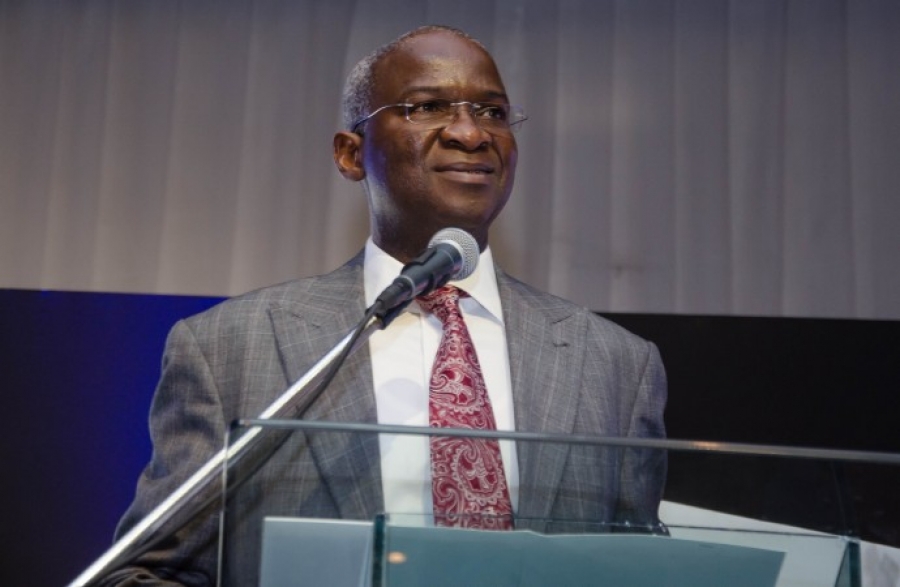The Minister of Power, Works and Housing, Mr. Babatunde Fashola has stated that the country is losing about 2,000 megawatts of electricity to the attack on the Forcados subsea pipeline by Niger Delta militants.
Fashola has also decried what he described as the furore about which part of the country gets the lion share of projects, stressing that every road, every bridge, every streetlight, every pipeline is a shared national asset that belongs to each and every single Nigerian.
The Minister told energy reporters at a recent conference they organised in Lagos that not long after the attack on Forcados pipeline, power generation dropped to about 2,000MW from 5,074MW.
Fashola, who was represented by the acting Managing Director of Niger Delta Power Holding Company, Mr. Chiedu Ugbo, however argued that even at the 5,074 in February, the country was still short of where it ought to be as a nation.
“In the short period between when we started work in November 2015 and February of this year, our generating capacity rose to 5,074 MW, the highest we have ever generated as a nation,” he said.
The minister stated that in the 63 years of government monopoly between 1950 and 2013, the country’s maximum generation was 4000MW.
He said the solution was that the needed more power, adding that it is the basis of the first phase of his road map – Incremental Power.
Fashola argued that it is not gas alone that will allow the country to achieve incremental power, stressing that gas is only one solution amongst many other underutilised solutions.
According to him, the 3000MW-capacity Mambila Power Station, for example, is likely to be the government’s most defining in the road to incremental power.
He noted that one of the things that struck him during the budget process was the furore about which part of the country got “the lion share” or how many roads were being built in the North or how many bridges were in the South.
Fashola insisted that those conversations were unworthy of the country’s collective national responsibility.
“Let us be very clear; every road, every bridge, every streetlight, every pipeline is a shared national asset. They belong to each and every single one of us. If a Kano-Maiduguri road is riddled with potholes and adds hours to your journey time, will this not affect commuters who use it irrespective of where they come from? If the Lagos-Ibadan road is not pliable does it not affect the ability of consumers to receive petrol from the Atlas Cove, the Tank farms and other storage points in Lagos that supply other parts of the country? When a pipeline is vandalised in Sapele, those in Ajaokuta, those in Geregu and beyond will feel the impact,” Fashola explained.

 Naira4 weeks ago
Naira4 weeks ago
 News4 weeks ago
News4 weeks ago
 Naira4 weeks ago
Naira4 weeks ago
 Travel3 weeks ago
Travel3 weeks ago
 Naira3 weeks ago
Naira3 weeks ago
 Jobs4 weeks ago
Jobs4 weeks ago
 Naira3 weeks ago
Naira3 weeks ago
 Investment4 weeks ago
Investment4 weeks ago






























